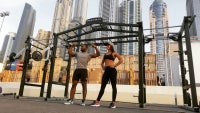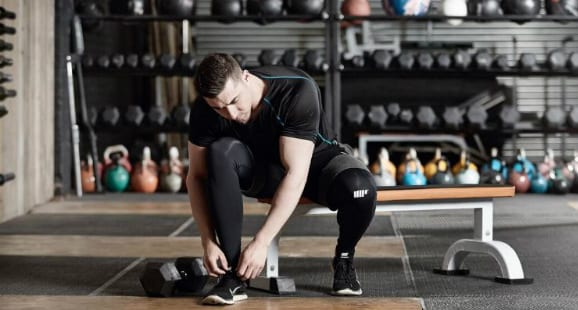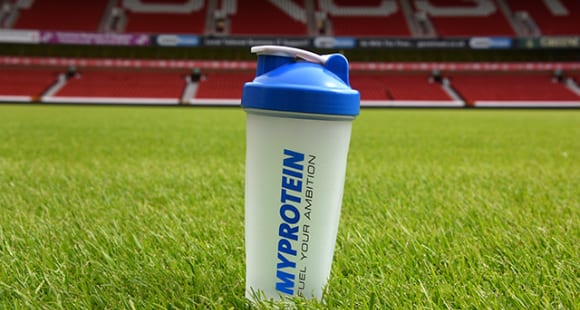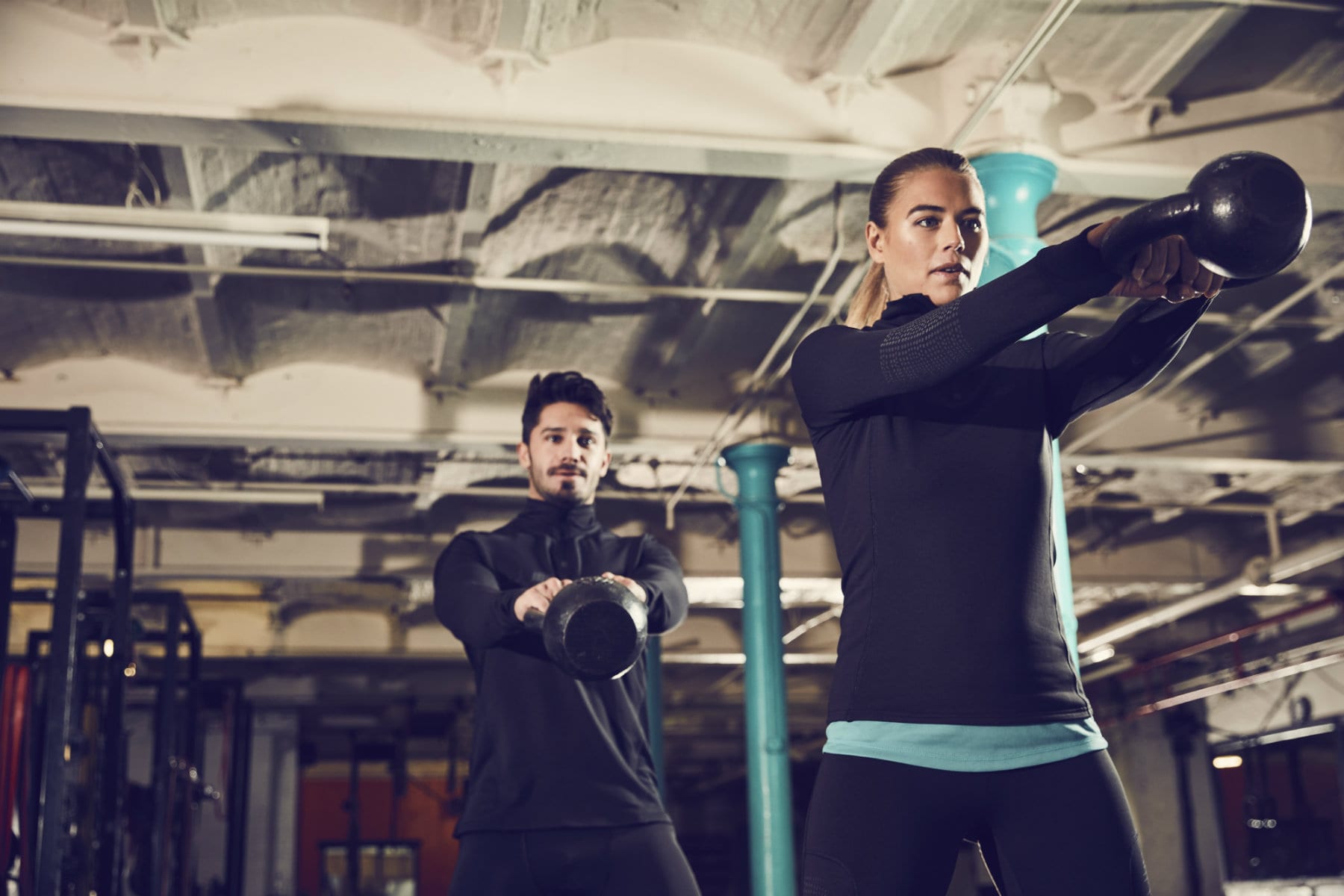
On a regular day, if you ask someone ‘how to exercise?’, they will be able to provide you with an adequate answer whether they are qualified or not. However, add a special condition to the end of that question and the person will feel like they have been asked to start a car without an engine! This is because exercise has never been a straight forward topic. Every individual has a condition, be it a goal, requirement, commitment or disability. These ‘conditions’ require attention, research and self-investment. So, when figuring out how to exercise you have to first look at your condition/reason.
There are many reasons that people have for asking ‘How to exercise during Ramadan?’, some of the common ones are:
They want to lose weight and take advantage of the fast to help them eat less
They have been training to grow muscle and want to know if fasting will help or hinder progress
They have been exercising regularly and are worried about training being disrupted
They are curious because fasting during Ramadan can be intense in itself.
Today we are going to focus on addressing your curiosity and diving into the unknown!

Curiosity
We have all heard that curiosity killed the cat! Well in this case curiosity may just save you from making the grave mistake of exercising incorrectly during such an intense fasted state.
During Ramadan, your daily fast will last on average 12+ hours. In this time, you will have become moderately dehydrated and your body’s response to this is the imminent release of ADH (the Anti Diuretic Hormone) which will try to hang on to whatever water it can. In short, the end result is water retention! Aside the retention, dehydration can cause terrible headaches, uncontrollable fatigue, low blood pressure and cardiovascular stress. However, you have all seen or heard about that friend of a friend who still exercises consistently under these conditions. “How?”
Furthermore, if like us you live in Dubai or a neighboring city your curiosity will most definitely peak, because more often than not the temperature soars to highs that make you feel like the sun is renting the apartment next door!
Again, “HOW?!”
Well, we have an answer for that.
Planning, Preparation and Discipline.
Planning
Understanding your goal, conditions or reasons will help you create a solid and achievable plan of action when it comes to exercise during tough times.
Try to answer the following questions:
Why do you want to exercise during Ramadan? What is your goal?
How frequently will you exercise? – Once a week, twice a week, daily?
What time of day will you exercise?
What type of exercise will you do? – Resistance training, Cardio, HIIT?
To help you answer the above we have created a guide for the best times to train and the type of exercise to focus on and the macronutrient breakdown.

Goal:Weight Loss
If you are trying to lose weight during Ramadan our suggestion is to focus on low to moderate steady state cardio for 45-60mins and moderate to high intensity resistance training for 20-40mins. Break the sessions down into alternate days.
Ideal Cardio Training time: Before Suhoor
Your body would have stored excess energy from your Iftar meals the night before. This will allow you to push closer to a moderately intense level and give you a chance to replenish your energy stores after training.
Ideal Resistance Training time: After Iftar
We strongly suggest leaving any moderate to high intensity training until after you have broken your fast. You can eat a light pre-workout meal of faster digesting carbohydrates, depending on experience you can add a pre-workout drink and head to the gym 30mins later. This will give you the energy you need to smash your workout and the much-needed opportunity to fit in a post workout meal and shake before Iftar ends.
Ideal Training Frequency
We recommend completing your cardio over 3-4 days and resistance training over 2-3 days in the week. This is because your tolerance towards exercise at the start of the Holy month will be very low. The frequency ensures that your tolerance levels build up quickly and the net calories that you burn weekly remain high.
Ideal Macronutrient Breakdown
Under normal circumstances we recommend to clients that are overweight and with an endomorphic structure to start a short-term (4-6 week) change in their diet and focus on a low carb, moderate fat and high protein macro- portion. However, for Ramadan it is slightly different, we favour the carbohydrates over the fats for energy conversion purposes and keep the protein high for muscle tissue preservation.
We suggest the following:
35% Carbohydrates 40% Protein 20% Fats
Goal: Maintenance
If you are looking to maintain your weight and or physique we suggest training at a low to moderate intensity and combining weight training with cardio with each session lasting around 45mins.
Ideal Training Time: Before Suhoor
As mentioned above your muscle glycogen stores will be full after breaking your fast the previous night. This makes training in a short-term fasted state a lot easier. You will also be able to take advantage of the post-workout bite after the session.
Ideal Training Frequency
For maintenance we recommend training 3-4x per week. Every session should include an even split between cardio and resistance training. Under normal training circumstances, for maintenance we would recommend that you focus on resistance training and complete 60-90 minutes of cardio per week.
Ideal Macronutrient Breakdown
If you are in maintenance we suggest keeping a balance between all macronutrients and having the bulk of your carbohydrates after training. This will allow for your muscles to fast absorb the glucose and alongside your protein intake, induce muscle growth and repair.
Your macronutrient breakdown should look like the following:
40% Carbohydrates
30% Protein
30% Fats

Goal: Muscle Growth
Muscle growth is a tough task and fasting certainly doesn’t promote speed of growth. In fact, if you don’t eat right during the fast you will most likely experience catabolism (muscle loss). We would suggest training at a moderate to high intensity with your focus being on resistance training.
Ideal Training Time: After Iftar
For muscle growth food timing is key before and after training. You want to ensure that throughout your training session your energy is up, your muscles have enough protein in them and your glucose stores are full. Eating a pre-workout meal that consists of fast digesting carbohydrates and a quick digesting protein that contains BCAA’s is essential. Once, your session is over you want to consume a mixture of fast and slow digesting carbohydrates and a slow digesting protein shake.
Ideal Training Frequency
For muscle growth, rest is imperative. Consider training 3-4 x per week and focus on moderate to heavy compound movements. Each session should last on average 60mins.
Ideal Macronutrient Breakdown
Muscle growth is an anabolic process. Eating is anabolic! Therefore, it is important not to skimp out on food, especially as you will spend a large portion of the day running on empty.
We suggest focusing on high complex carbs, moderate to high protein and low to moderate fat.
50% Carbohydrates
35% Protein
15% Fats

Preparation
Now that you have the planning part out of the way the next step is to set the wheels in motion!
Before, Ramadan arrives it is best to get all your equipment and supplements ready beforehand
Here is a list of supplements we deem as essential:
Protein Shake
Ensuring that you hit your protein intake when undergoing a 12+ hour fast is incredibly difficult to do through food alone. The digestive process via food is slow and will eat into your training time. It is important to note that Protein also causes your insulin levels to spike, meaning loading up on too much in one go or from food sources that contain other macronutrients will cause you to go into fat storage mode.
The two types of protein you should focus on are:
Casein Protein
Casein is slow digesting and is best taken just before bed/ moments before Iftar ends. The slow release of amino acids found in casein will feed your muscle, improve muscle synthesis and enhance growth and repair.
Whey ProteinWhey is the fastest digesting protein and has a more anabolic effect than Casein. It promotes growth and helps to prevent muscle breakdown. Whey is best consumed before and directly after a workout. Be sure to test your protein before fasting to ensure that it doesn’t cause any bloating or stomach issues.
Multi-vitamins
During fasting your frequency to urinate can increase. This is because of the larger than normal water-loading that many people go through in the early hours of the morning during Suhoor. If urination is frequent you will lose almost all of your water-soluble vitamins before the end of the day. Vitamins are essential for optimal function and can help to keep you hydrated for longer and more energetic. In addition, exercise can cause oxidative stress which contributes to the release of free-radicals in the body. Antioxidant Vitamins like C and E can help combat this.
BCAA’s – Branch Chain Amino Acids
You can find protein shakes that contain BCAA’s or you can opt for a separate powder. We have included BCAA’s in this list because of the following reasons:
They trigger muscle protein synthesis (Muscle Growth)
They can increase fat burning – the high leucine content of some BCAAs increases energy expenditure and fat oxidation.
They can enhance performance and decrease fatigue
They can help with quick recovery and reduce muscle soreness

Discipline
Assuming that you have planned and prepared the next and final step is to stay focused and consistent. Do not rush the process and always listen to your body. Fasting in itself requires a huge level of discipline, exercising on top of this can make the process slightly more difficult. To help you remain disciplined, we suggest you keep track of your workouts in a diary and motivate yourself by using a fitness tracker or set mini goals that you can check off after each session.
Remember, the journey to health and fitness will forever be a personal endeavor. Do not under any circumstances attempt to live up to someone else’s expectations or fitness standards. When training under the above circumstances it is imperative that you are aware of how you feel as you exercise.
If you begin to feel dizzy, faint or ill. STOP training immediately.
Tomorrow is another day!









